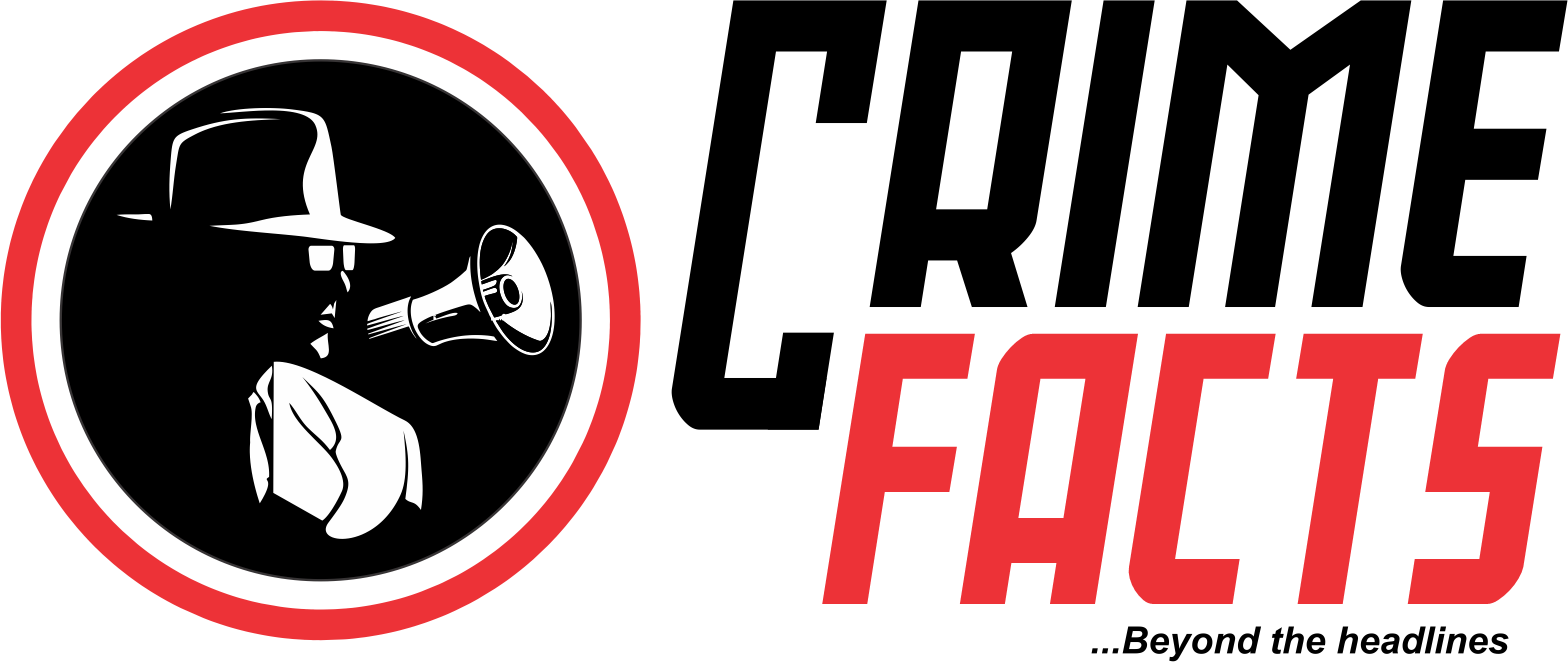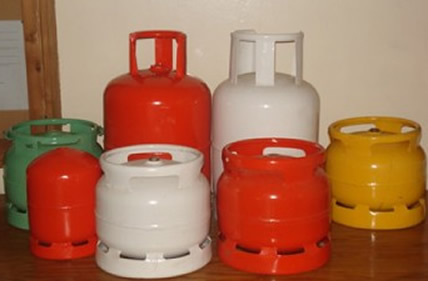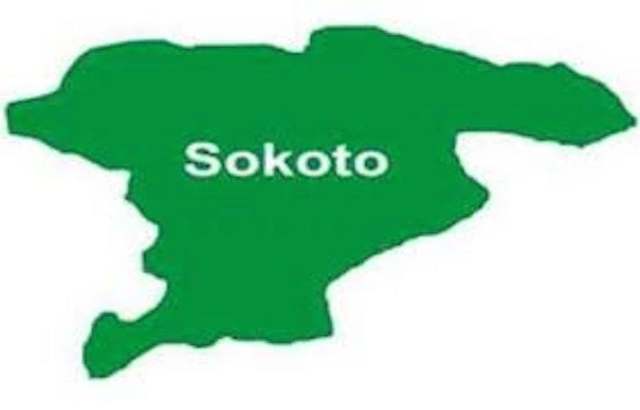Nigerians have again bemoaned yet another increase in domestic gas prices, the fourth of such increases in two months.
Findings by Daily Trust in Lagos, Abuja, Kano, Kaduna, Port Harcourt, Enugu, Ibadan and few other cities across the country on Wednesday and Thursday showed that marketers of cooking gas have increased prices of various kilogrammes (kg) of Liquefied Petroleum Gas (LPG) by about six percent.
In the past two months, filling a 12.5kg cylinder had increased from N4,200 to N4,500 to N4,700 and to N5000, up from between N3,600 and N3,800 in March.
In May, gas filling plants sold 12.5kg at N4,200 and increased to N4,500 in June and N4,700 by early July and N5,000 this week, mid-July.
Similarly, domestic gas users buying the clean fuel in various other kg cylinders like 3kg, 5kg, 8kg, 10kg, and 15kg have had to pay 6% more than what they paid for them in March.
The National Bureau of Statistics (NBS) had said the average price for refilling a 5kg cylinder of cooking gas increased by 0.56% from N2,057.71 in March 2021 to N2,069.21 in April 2021. Refilling a 5kg has been increased to N2,330.
Many Nigerians who spoke with Daily Trust expressed sadness that the government has left the poor at the mercy of marketers who increased prices arbitrarily.
A Lagos-based civil servant, Joseph Ajala, told Daily Trust that he will have to resort to a charcoal stove for domestic cooking.
Ajala said he could no longer afford to fill his gas cylinder as LPG price keeps increasing almost every month.
Also speaking, Abdullahi Al-Hassan, a dry cleaner based in Abuja, called on the government to prevail on gas marketers to bring down the prices of gas.
But speaking on the increase, the Executive Secretary of the Nigerian Association of Liquefied Petroleum Gas Marketers, Mr Bassey Essien, said Nigeria consumes about one million metric tons of cooking gas annually, but 65% of it is imported.
Essien said the CBN has no dedicated window for foreign exchange for cooking gas importers, hence the sourcing of foreign exchange at a high price which ultimately dictates the price the product gets to consumers.
“We as marketers are also saying that the Nigerian Liquefied Natural Gas Company (NLNG) and other gas producers should domesticate the production chain for cooking gas by dedicating sufficient quantities for domestic consumption,” he said.
He noted that the Nigerian Liquefied Natural Gas (NLNG) allocated only 350,000 metric tonnes (MT) of gas to domestic consumption out of its 4 million MT annual production.
Daily Trust reports that the NLNG recently said it would increase its annual domestic allocation of cooking gas to 450,000MT by 2021.
Also expressing his view on the increase, a Lagos-based petroleum industry analyst, Suraj Oyewale, said the major reason why prices of domestic gas increased in recent times is the foreign exchange regime.
“Upstream gas contracts are usually priced in dollars, even for gas supply to the domestic market. Due to the scarcity of foreign exchange in recent years, gas suppliers have accepted payment in naira by the gas processors and other wholesale gas buyers, usually at the official exchange rate.
“In an attempt to unify the exchange rates in recent times, the CBN recently adopted NAFEX rate as the official rate and that effectively devalued Naira. From N306, the rate jumped to N380 sometime last year and is now above N410.
“So while the dollar price of upstream gas has not changed, the buyers need to pay more Naira to get the gas,” Oyewale said.
He also said it is the same situation with those that import the gas directly. “About half of Nigeria’s LPG consumption is imported, while the other half is produced or processed locally. As it now costs more to import the gas, the situation is the same with the imported gas supply.”
But he said the increasing gas prices will not make a mess of the government’s gas policy as the alternatives, especially kerosene, are also increasing in price.
An Abuja-based economic expert, Simon Samson Galadima, also said the gas price increase would worsen inflation in the country as the increase would be transmitted to the prices of food.
“It’d cost more. Furthermore, people will switch to alternative sources of energy and the sector may experience a dip”, the expert said.
“The National LPG Expansion and Implementation will likely suffer a setback. However, it could help solve some problems like shortage in supply, exchange rate playing a lesser role etc,” he said.







